ICC reacts to US sanctions over Netanyahu and Gallant probe
- Update Time : Sunday, February 9, 2025
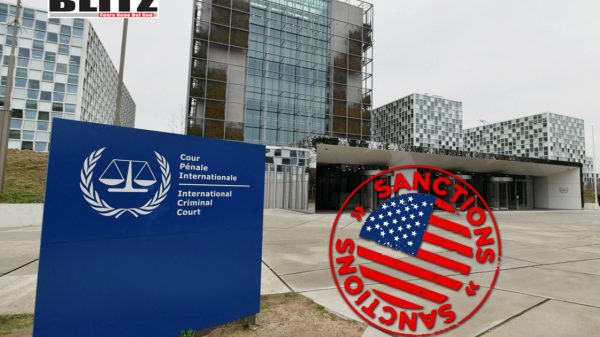
The International Criminal Court (ICC) has responded defiantly to US President Donald Trump’s decision to impose punitive sanctions on its officials, declaring that it will continue its work despite the political and financial pressure. The move, which came after the court issued arrest warrants for Israeli Prime Minister Benjamin Netanyahu and former Defense Minister Yoav Gallant, has sparked international condemnation and raised concerns about the politicization of international justice.
The ICC was established in 2002 under the Rome Statute to prosecute individuals for war crimes, crimes against humanity, genocide, and aggression. Although 125 nations are parties to the treaty, several major countries-including the United States, Israel, Russia, China, and India-do not recognize its jurisdiction, arguing that it infringes upon their sovereignty.
While the court lacks the enforcement power of a sovereign state, it relies on international cooperation to carry out its mandates. Historically, the ICC has prosecuted individuals from African nations, but its recent focus on alleged war crimes involving Israel and the United States has heightened tensions with Washington and Tel Aviv.
On February 6, President Trump signed an executive order imposing financial and visa-related sanctions on ICC officials involved in investigating U.S. or allied citizens. The sanctions extend to family members and individuals who support such investigations, effectively limiting the ICC’s operational capabilities.
The order explicitly criticized the ICC’s actions, stating that the court had “set a dangerous precedent” by targeting US nationals and Israeli leaders. Trump accused the ICC of abusing its power, particularly in issuing arrest warrants against Netanyahu and Gallant for allegedly using starvation as a method of warfare in Gaza. The US government argued that such legal maneuvers undermine its national security and diplomatic efforts in the Middle East.
The Trump administration’s move has been met with widespread criticism from the international community. On February 7, a coalition of 79 nations-including France, Germany, Brazil, South Africa, and Spain-issued a joint statement condemning the sanctions and reaffirming their unwavering support for the ICC.
The statement expressed “regret” over “attempts to undermine the court’s independence, integrity, and impartiality.” The signatories emphasized that the ICC plays a crucial role in delivering justice to victims of atrocities and that political pressure should not interfere with its operations.
Despite the sanctions, the ICC remained resolute. In its official statement, the court condemned the US measures, calling them an attempt to intimidate and obstruct its judicial process. The court reaffirmed its commitment to upholding international justice, vowing to continue its work despite external pressures.
“The ICC stands firmly by its personnel and pledges to continue providing justice and hope to millions of innocent victims of atrocities across the world,” the statement read.
This is not the first time the ICC has faced direct opposition from the US In 2020, the Trump administration imposed sanctions on then-ICC prosecutor Fatou Bensouda for investigating alleged American war crimes in Afghanistan. While those sanctions were later lifted under President Joe Biden, Trump’s latest move signals a return to the aggressive stance against the court.
The sanctions could have far-reaching consequences for the ICC’s ability to function effectively. According to The Guardian, sources within the organization have warned that the measures could impact its access to banking systems, IT infrastructure, and insurance providers-potentially posing an “existential threat” to its operations.
Without access to financial systems, the ICC could struggle to pay salaries, fund investigations, and maintain logistical support. The potential impact on IT infrastructure also raises concerns about cybersecurity and data protection for sensitive cases.
Israel has welcomed Trump’s actions, viewing them as a shield against what it considers an unfair and politically motivated legal attack. Netanyahu has repeatedly dismissed the ICC’s investigations, arguing that Israel’s legal system is capable of handling any alleged misconduct by its military.
The U.S. decision to impose sanctions aligns with its longstanding policy of defending Israel in international forums. However, it also risks further alienating allies who see the ICC as an essential institution for global justice.
Trump’s actions have reignited a broader debate over the balance between national sovereignty and international accountability. The US has historically opposed external legal scrutiny of its military and intelligence operations, arguing that such oversight should remain within national jurisdictions.
Critics argue that this stance undermines the principles of international justice. If powerful nations can shield themselves and their allies from accountability, the credibility of institutions like the ICC could be significantly weakened.
On the other hand, proponents of the US position argue that the ICC has overstepped its mandate by pursuing cases without the consent of the nations involved. They contend that the court risks becoming a tool of political agendas rather than a neutral arbiter of justice.
The ICC now faces a critical juncture. With sanctions threatening its financial and operational stability, the court must find alternative ways to sustain itself. It will likely seek support from European allies and international organizations to counteract the impact of US measures.
Meanwhile, the Biden administration, should it take office in the future, may revisit Trump’s executive order. While Biden lifted the previous sanctions on the ICC in 2021, it remains unclear whether he would intervene again given the court’s direct targeting of Israeli officials-a politically sensitive issue in Washington.
In the short term, the ICC will need to navigate mounting political and financial challenges while continuing its investigations. The broader international legal community will be watching closely to see whether the court can withstand the pressure or if the US sanctions will set a precedent that undermines its authority in the long run.
The Trump administration’s decision to impose sanctions on the ICC marks another chapter in the ongoing struggle between national sovereignty and international accountability. While the ICC remains defiant, its ability to function could be severely hampered by financial and logistical constraints. The move has sparked global condemnation and raised concerns about the future of international justice.
As geopolitical tensions continue to rise, the fate of the ICC may serve as a litmus test for the world’s commitment to holding powerful nations and their allies accountable for alleged crimes. Whether the court can withstand US pressure will determine the extent to which international law remains a credible force in global affairs.


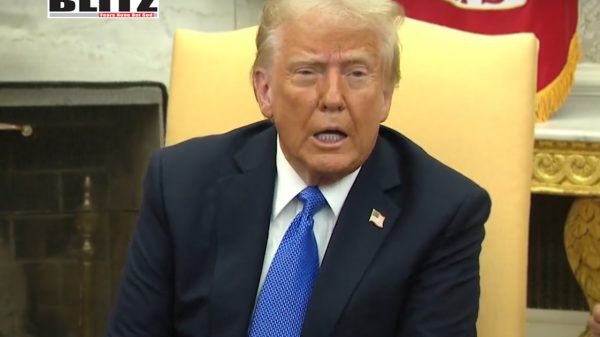
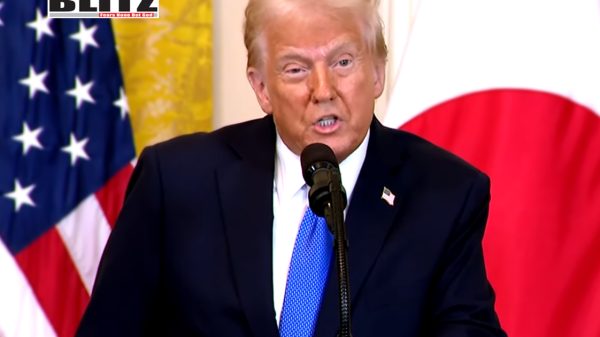
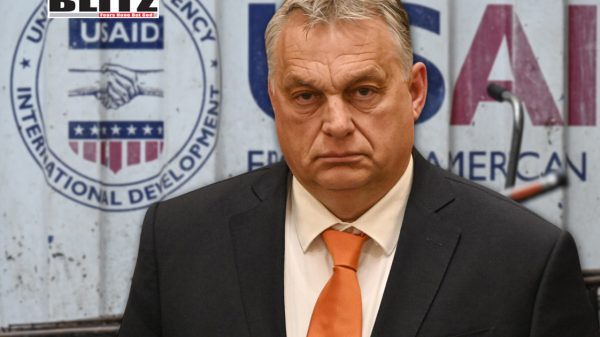
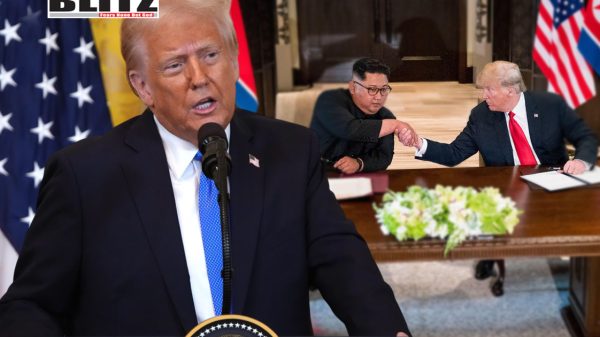
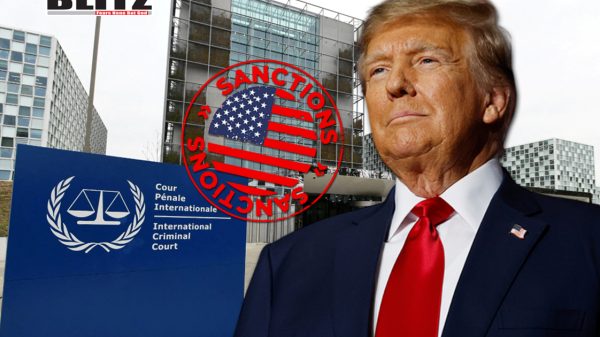
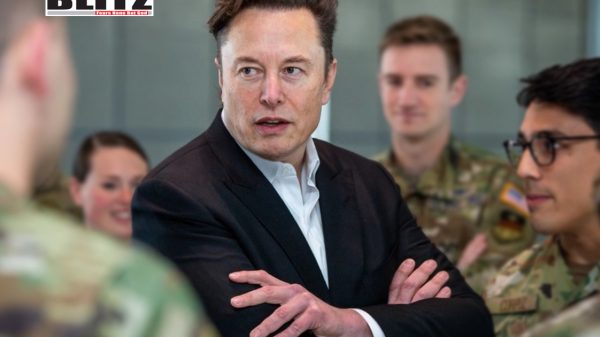
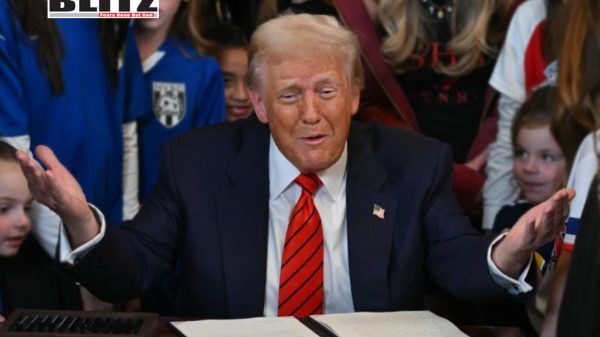
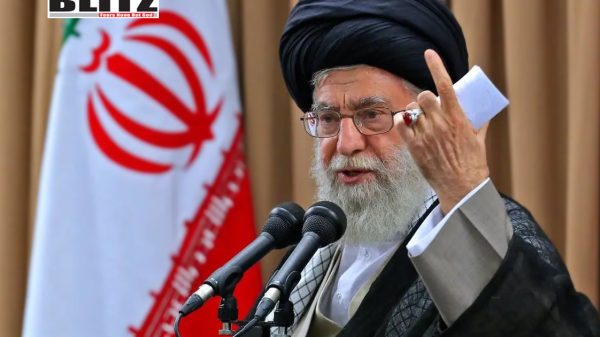
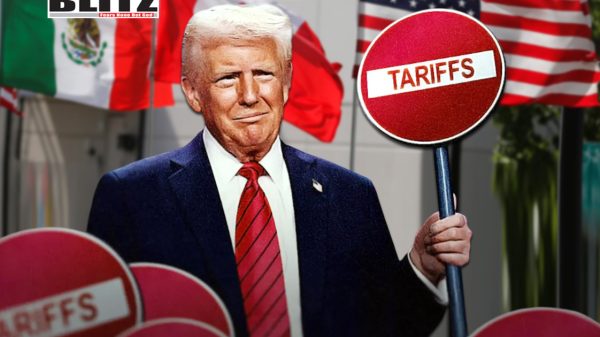

Leave a Reply